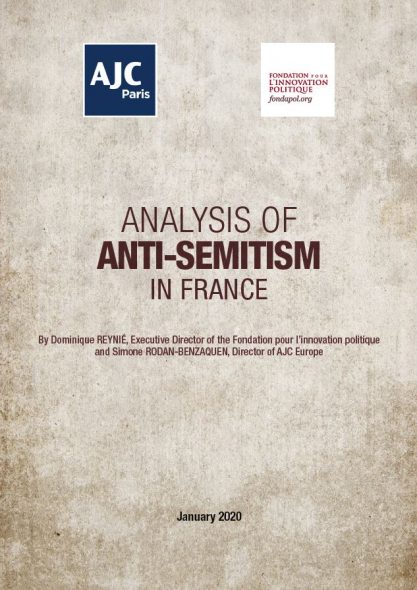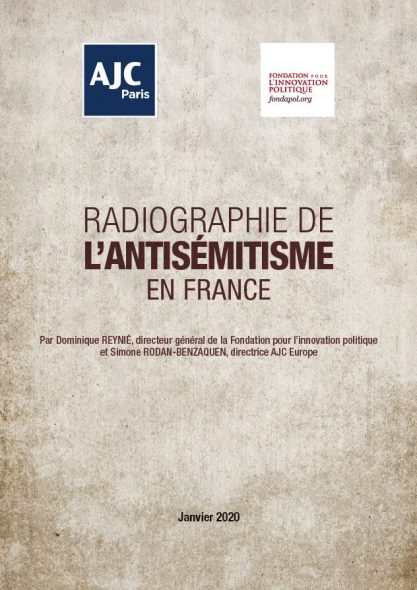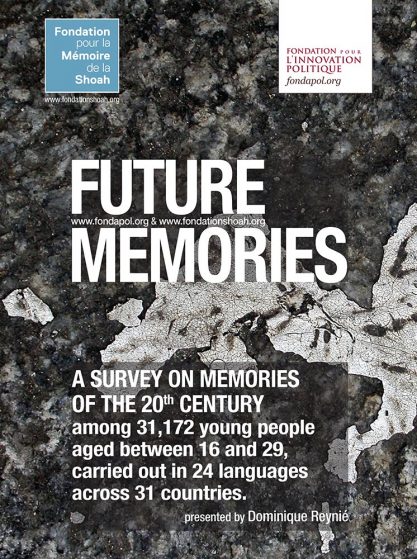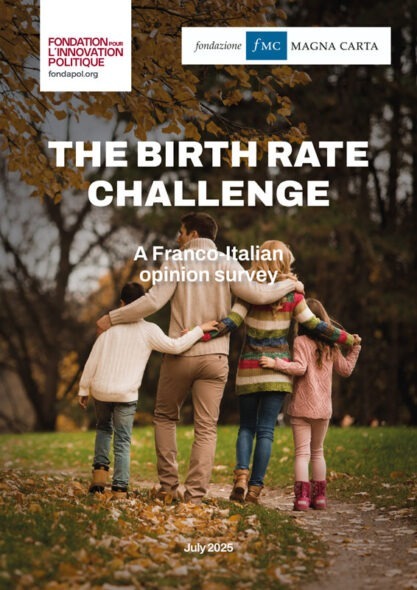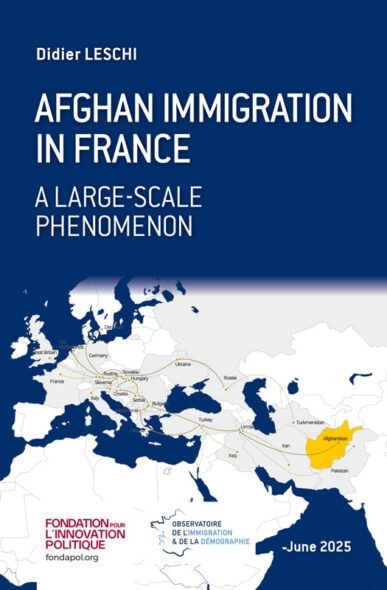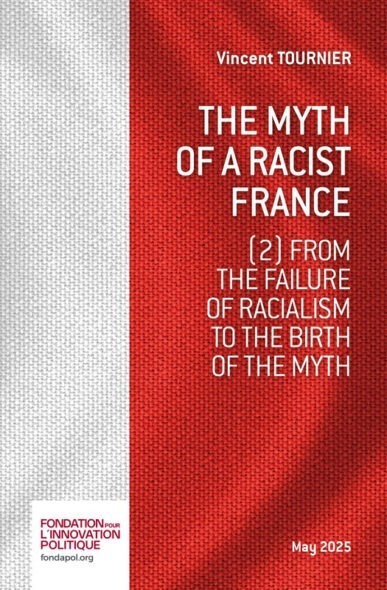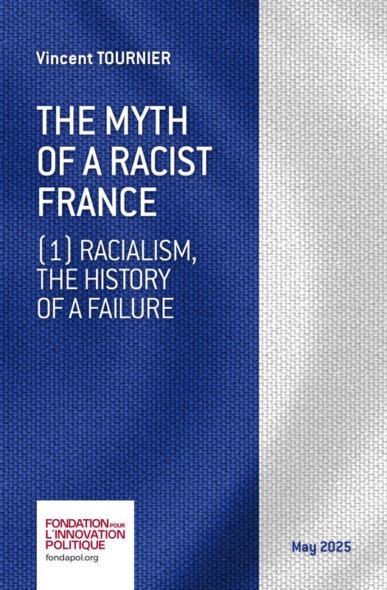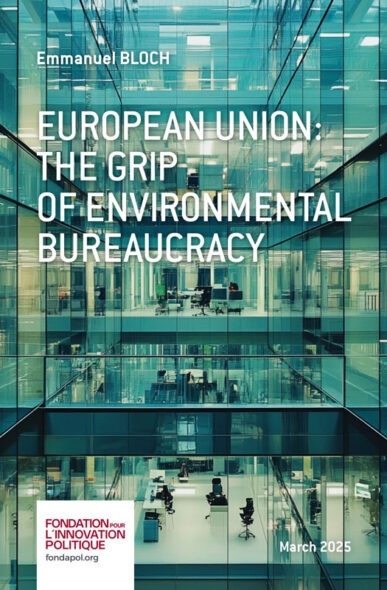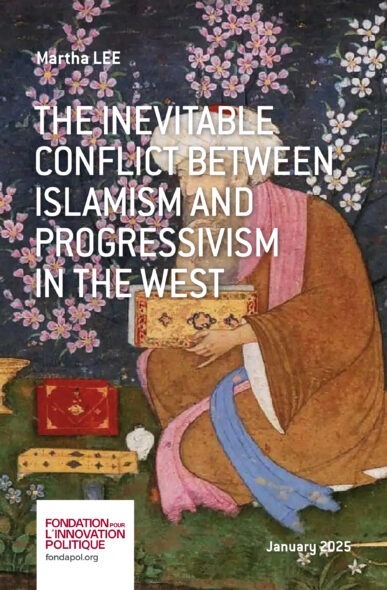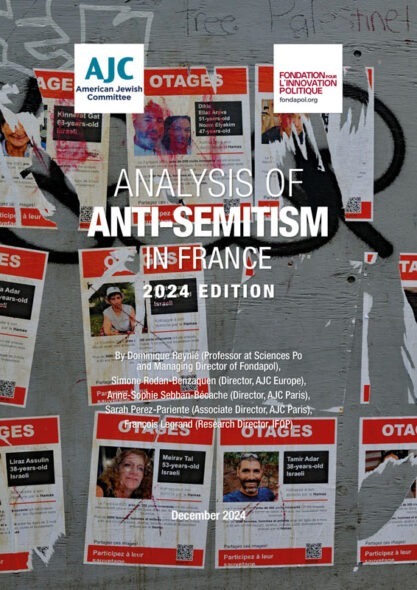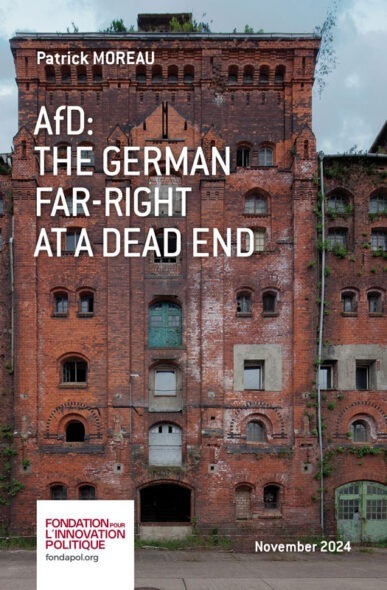Analysis of anti-Semitism in France
Part One – The Analysis
The feeling that anti-Semitism is present and on the rise is a prevalent among the general public as it is among French people of Jewish faith or culture.
A very problematic experience in the everyday lives of some French people of Jewish faith or culture.
The opinions of the general public and the French people of Jewish faith or culture diverge on the root causes of anti-Semitism.
An awareness of anti-Semitism as a problem that concerns society as a whole.
Part Two : The Results
Sense of insecurity
Prevalence and perceived evolution of racism and anti-Semitism
Anti-Semitic behaviour : observations and victimisation
Perception of civil society’s and the public authorities’ mobilisation
Summary
The increase in anti-Semitic acts since the early 2000s raises questions about the extent to which this phenomenon exists in France. What is the proportion of French people of Jewish faith or culture who have been victims of an anti-Semitic act? What are these victims’ profiles? What is the overall feeling of French Jews regarding the prevalence and evolution of anti-Semitic acts? How does society as a whole view anti-Semitism in France? The statistics published by the Ministry of the Interior cannot claim to provide exhaustive answers to these questions, as existing data are based primarily on filed complaints that are only the “tip of the iceberg”.
In this context, the Fondation pour l’innovation politique and AJC have carried out a quantitative survey (administered by Ifop) which aims to make an acute and objective analysis of this phenomenon. The survey is based on the overlapping perspectives of French people of Jewish faith or culture (a sample of 505 people was selected) and the general public (a sample of 1,027 people was selected). The survey provides new quantitative data on this phenomenon. Here are the main findings.
Dominique Reynié,
Director of the Fondation pour l’innovation politique, Professor at Sciences Po, Paris.
Simone Rodan-Benzaquen,
Director of AJC Europe
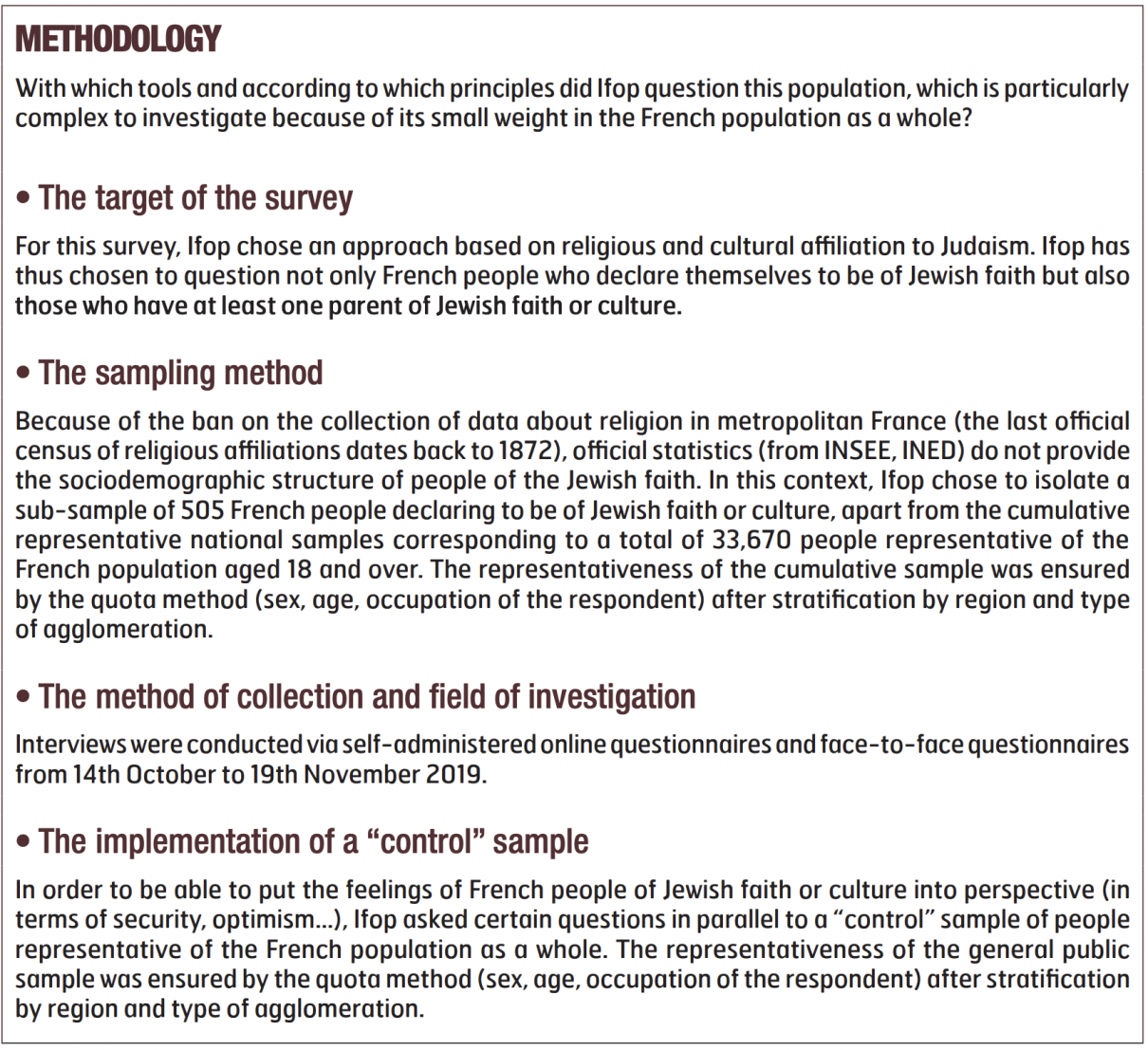
Part One – The Analysis
The feeling that anti-Semitism is present and on the rise is a prevalent among the general public as it is among French people of Jewish faith or culture.
Anti-Semitism: a phenomenon perceived as important and on the rise by French people of Jewish faith or culture as well as by the general public.
The perceptions of French people of Jewish faith or culture and of the general public converge regarding the prevalence and perceived resurgence of anti-Semitism. The dominant opinion, both among Jews and the general public, is that there is a lot of anti-Semitism in France: 67% of Jews and 47% of the general public believe that there is a high level of anti-Semitism in France (compared to 22% and 27% who believe that there a low level of anti-Semitism in France, and 11% and 26% who chose not to answer). This phenomenon is also perceived to be growing: 77% of Jews and 53% of the general public believe that it is increasing (compared with 12% and 18% who believe it is decreasing and 11% and 29% who did not respond).
A third of French people of Jewish faith or culture feel threatened because of their religious affiliation.
Only 42% of Jews report that they never feel threatened in their daily lives because of their religious affiliation. Conversely, 34% said they feel threatened often or from time to time. This proportion is much higher than that observed in the French population as a whole (8%). The sense of threat is even more prevalent among Jews under the age of 35 (43%) and among those who declare themselves to be observant (45%).
Jews in France are also more likely to indicate that they feel threatened because of their ethnic origins (19% compared to 10% of the total French population). The sense of threat associated with gender (16%) or sexual orientation (8%), on the other hand, is comparable to that observed among the general public (15% and 6%).
A very problematic experience in the everyday lives of some French people of Jewish faith or culture.
In addition to the feeling of a phenomenon that is present and on the rise, 70% of French people of Jewish faith or culture say they have been victims of at least one anti-Semitic act in their lifetime.
The results of the survey make it possible to measure the extent of this phenomenon in France: a total of 70% of Jews indicate that they have been victims of at least one anti-Semitic act in their lifetime. Beyond this general indicator, the survey focused on assessing this phenomenon in a multifaceted dimension. In order to do so, respondents were asked about the various anti-Semitic acts to which they may have been exposed (verbal or physical aggression, theft or degradation, etc.). The survey highlights the very high exposure of Jews in France to various forms of verbal abuse. In total, almost two-thirds of respondents report having experienced at least one verbal anti-Semitic attack (64%). Nearly one in two Jews report that they have been repeatedly subjected to mockery or upsetting remarks (44%) and a total of 63% have experienced it at least once. One out of two respondents also indicated that they have been insulted because they were Jewish (48%, including 25% claiming it has occurred repeatedly). Finally, 22% of French people of Jewish faith or culture state that they have received threats against themselves or their property because of their belonging to the Jewish community.
French Jews are not spared from physical violence: 23% of them report having been victims of physical abuse at least once, with 10% reporting having been confronted by this physical violence on several occasions.
A detailed analysis of the victims’ profiles reveals an overexposure of certain segments of the surveyed population to anti-Semitic violence. This is particularly the case for young people who appear to be “on the frontline”. For example, 84% of 18-24 year-olds reported having experienced at least one act of anti-Semitism (compared to 70% of all respondents), 79% reported being the victim of a verbal assault (compared to 64%), and 39% reported having been victim to a physical assault. These data thus corroborate the results of the Ifop-UEJF survey carried out in March 2019 among 405 Jewish students, which revealed an overexposure of young people to anti-Semitic acts in the context of student life .
The analysis of the victims’ profiles also highlights an enhanced phenomenon among the most observant Jews. Among them, 74% reported having experienced at least one case of verbal anti-Semitic abuse (compared to 64% of all respondents). The most observant Jews are also often those who display a dress code that expresses their belonging to Judaism and are thus more easily “identifiable” as Jews.
More than one French citizen in five has already heard someone close to them denigrate Jews.
As a sign that anti-Semitism is not a marginal phenomenon, 22% of the French indicate that they have already heard someone in their entourage speak ill of Jews. This is a stable proportion compared to 2016 and 2014. Moreover, 40% of French people say they have witnessed jokes and discussions conveying prejudice about or implicating Jews or the Shoah. Another 16% and 9% reported having seen verbal and physical abuse against a person of the Jewish faith because of his or her identity. It should be noted that this proportion is almost twice as high among French people describing themselves as supporting the “Yellow Vests” (28% and 17%).
Schools and public spaces: the main areas in which anti-Semitic violence takes place.
Two spaces appear as salient places for the act of anti- Semitic violence: on the street and in schools. More than one out of two respondents reporting verbal abuse indicated that they had been insulted or threatened on the street (55% of whom 32% had been insulted or threatened several times). Moreover, it is on the street that physical abuse most often occurs: 59% of victims claim to have been physically assaulted in this space.
Moreover, anti-Semitic violence also takes place in schools: 54% of respondents who had been verbally attacked explained that they had been insulted or threatened in a school or during extracurricular activities.
Schools are not immune to anti-Semitic physical violence, with 26% of victims claiming to have experienced at least one of such acts in a school environment.
Beyond public spaces and schools, no place seems to be completely free from anti-Semitism. For example, the workplace – although seemingly more regulated – is cited by almost one in two victims of verbal abuse (46%) as a place of aggression.
Faced with violence, French people of Jewish faith or culture apply strategies of avoidance and concealment.
This climate leads some French people of Jewish faith or culture to avoid certain places (43% for all those questioned and 55% for those who have suffered an anti- Semitic attack) but also to adopt a strategy of invisibility. One-third avoid displaying symbols such as mezuzahs as an expression of their belonging to Judaism (37% and 47% for victims) or wear clothing that expresses their Jewish culture (33% and 40%). Furthermore, a quarter of the respondents (and a third of the victims) state that they have already avoided revealing their belonging to the Jewish community in their workplace.
Fear of or exposure to anti-Semitic violence leads some French people of Jewish faith or culture to consider changing neighbourhoods (22% and 31% for victims), or even to a lesser extent, moving to another city (17% and 24%) or region (15% and 21%).
More than one French citizen of Jewish faith or culture out of two has already considered leaving France.
52% of French Jews have considered leaving France, 21% because of fears about the future of the Jewish community, 12% for economic reasons, 13% because of fears about the future of France and 6% for cultural reasons. This inclination to emigrate is corroborated by the figures communicated by the Jewish Agency concerning the departures of French Jews to Israel. In 2014, 7,231 French Jews made their “Alya”, making France (in that record year) the leading source of emigration to Israel.
The opinions of the general public and the French people of Jewish faith or culture diverge on the root causes of anti-Semitism.
Anti-Semitism, a phenomenon perceived as having multiple causes.
Prejudices about Jews are seen by the general public as the main cause of anti-Semitism in France (58%), followed by Islamism (36%), which is more often cited by French people of Jewish faith or culture (45%). They rank prejudices second (42%). They also mention, almost at the same level, ideas of the far-right (26%) and ideas of the far-left (23%). On this point, we observe a significant divergence with the general public, who identify far-right ideas much more than far-left ideas as the cause of anti-Semitism (30% versus 9%).
An awareness of anti-Semitism as a problem that concerns society as a whole.
Anti-Semitism is perceived as much by the general public as by French people of Jewish faith or culture as a problem that concerns society as a whole.
The general public and the Jews of France are in fairly broad agreement that anti-Semitism is everyone’s problem and concerns society as a whole. This opinion is shared by 73% of the general public and 72% of French people of Jewish faith or culture. On the other hand, only 21% of the latter believe that it is exclusively Jewish people’s problem. This opinion is even less pronounced among the general public (8%).

Part Two : The Results
Sense of insecurity
The level of optimism regarding the future
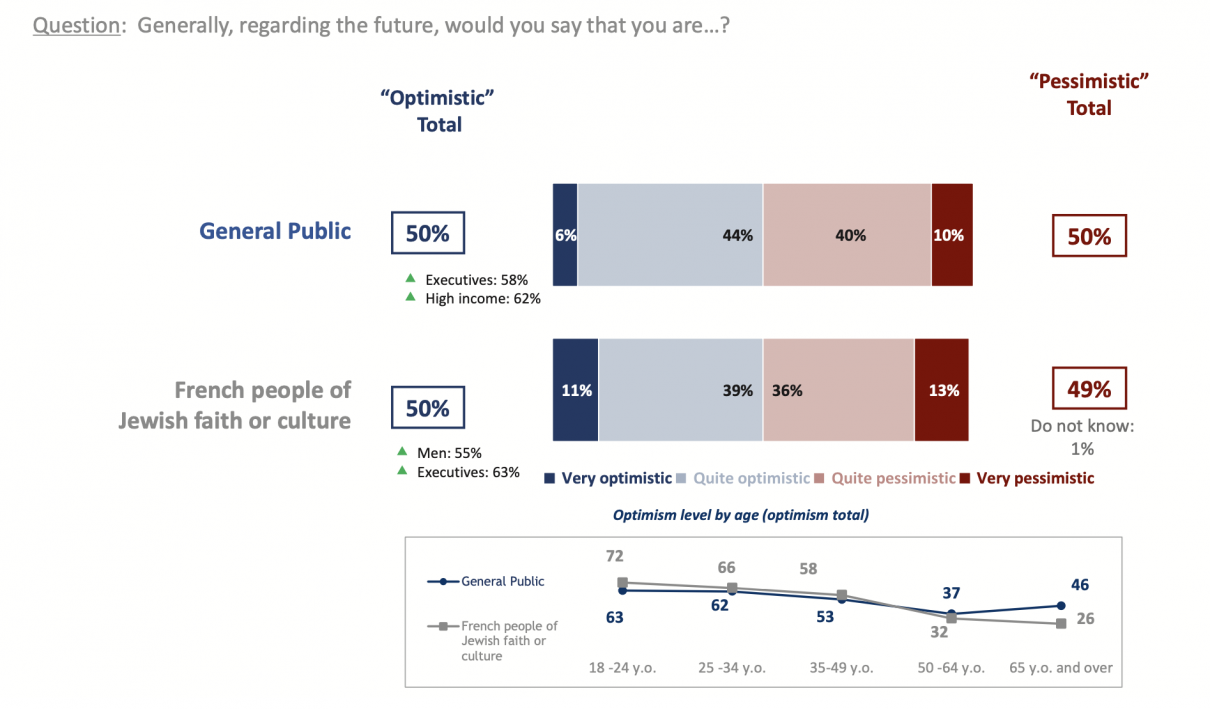
Source :
AJC | Fondation pour l’innovation politique – January 2020
The feeling of being threatened due to religious beliefs, sexual orientation, gender or origins
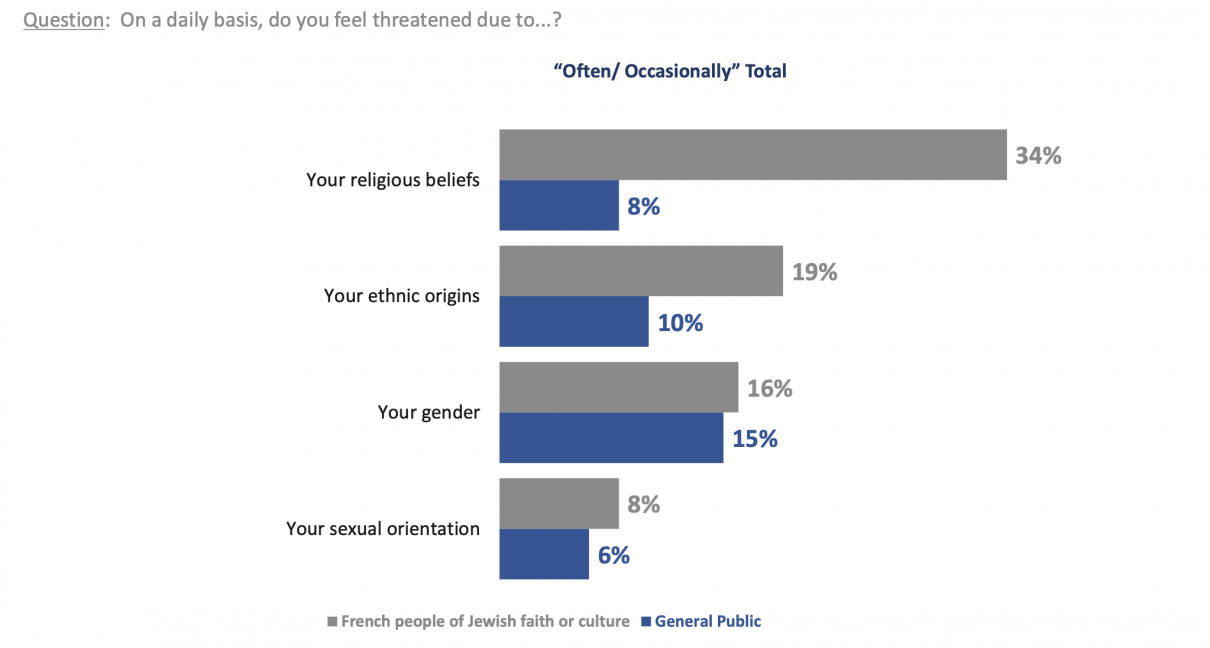
Source :
AJC | Fondation pour l’innovation politique – January 2020
The feeling of being threatened due to religious beliefs, sexual orientation, gender or origins
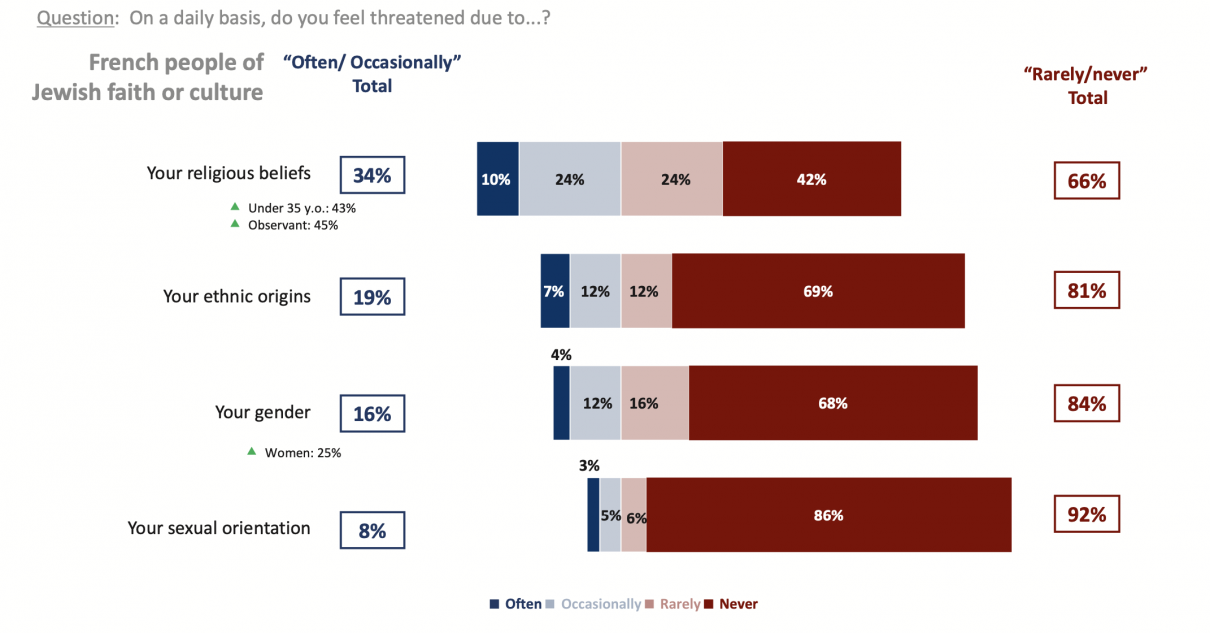
Source :
AJC | Fondation pour l’innovation politique – January 2020
The feeling of being threatened due to religious beliefs, sexual orientation, gender or origins
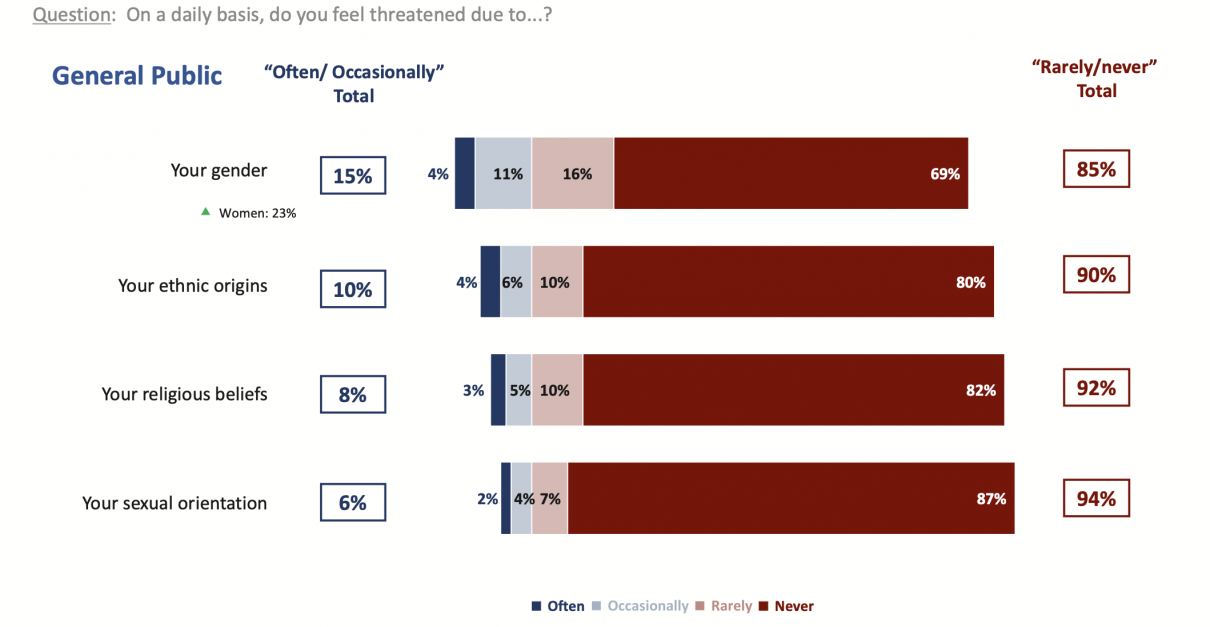
Source :
AJC | Fondation pour l’innovation politique – January 2020
The feeling that the situation for French Jews has improved, worsened or is no better or worse than during the previous year
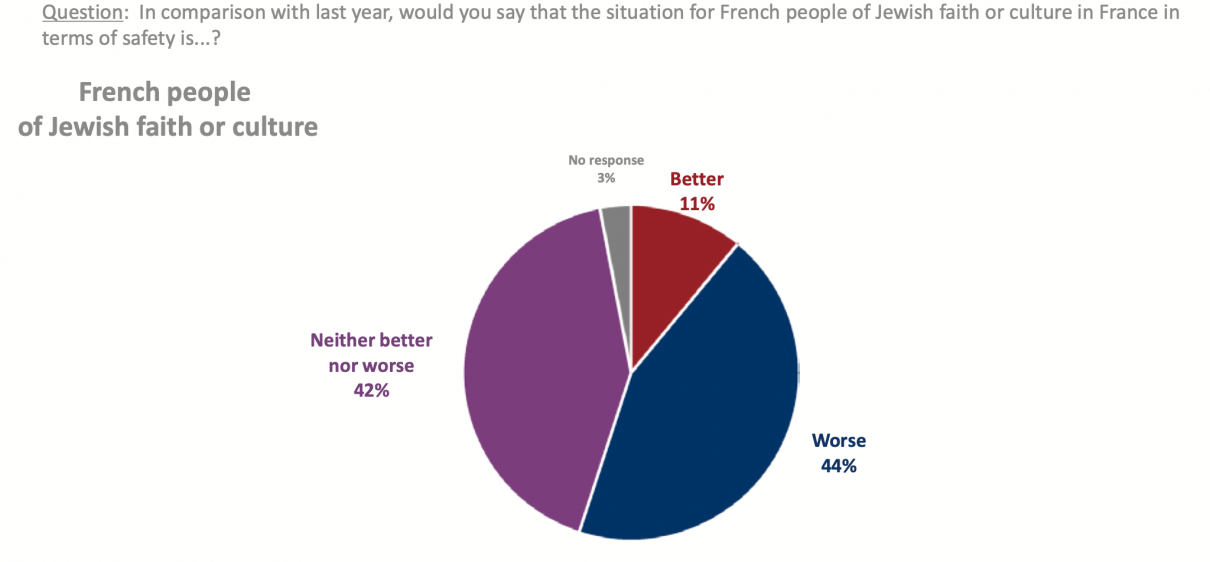
Source :
AJC | Fondation pour l’innovation politique – January 2020
Prevalence and perceived evolution of racism and anti-Semitism
The feeling that there is a high or low level of anti-Semitism in France
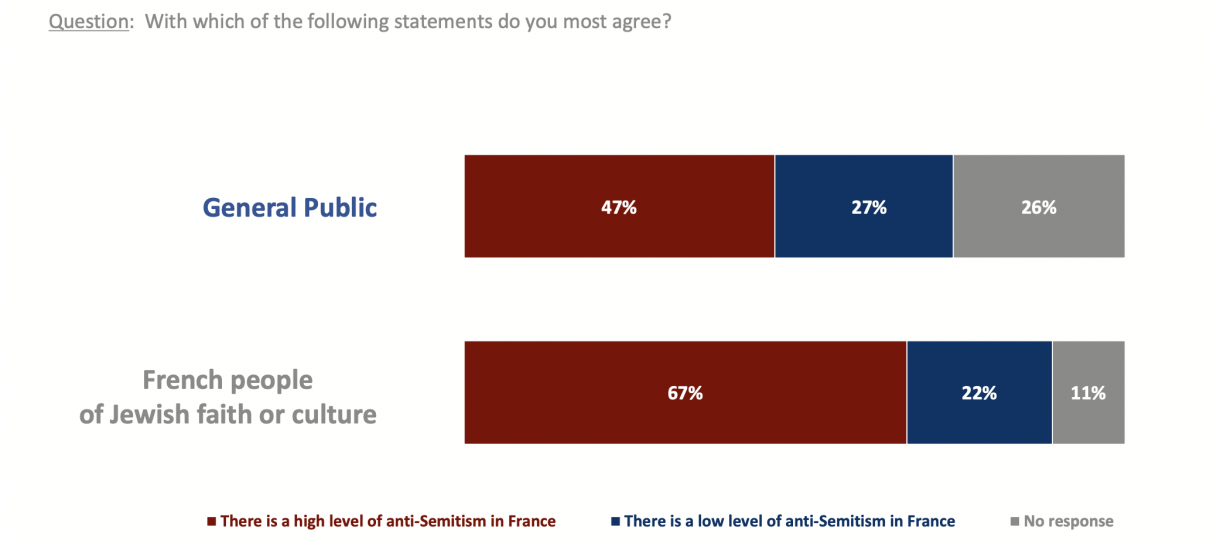
Source :
AJC | Fondation pour l’innovation politique – January 2020
The feeling that anti-Semitism is increasing or decreasing
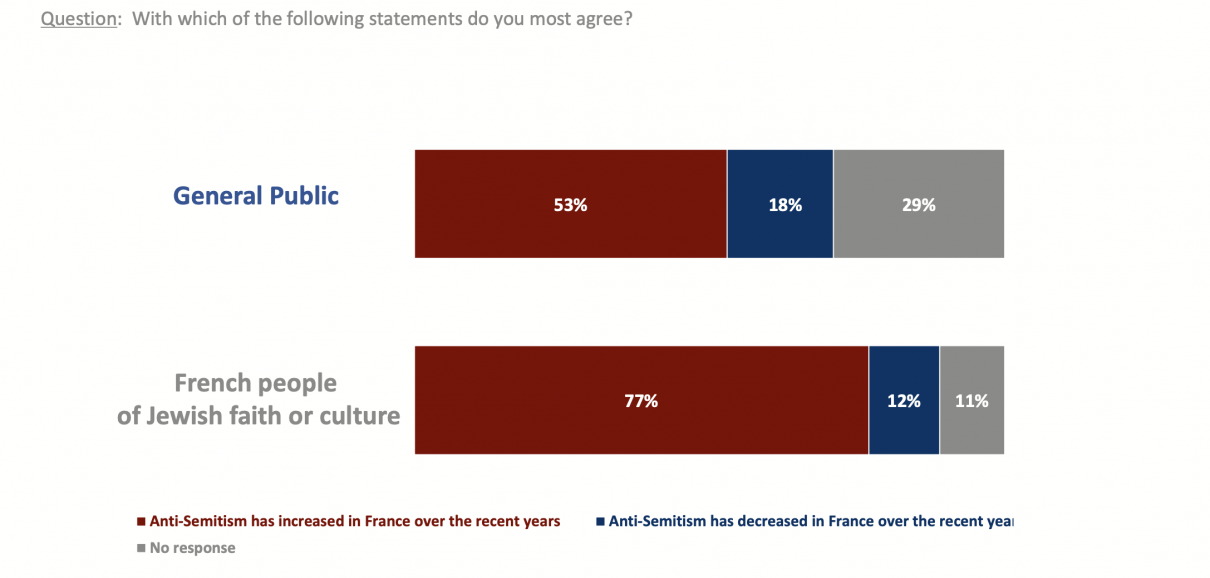
Source :
AJC | Fondation pour l’innovation politique – January 2020
Anti-Semitic behaviour : observations and victimisation
Witnessing anti-Semitic remarks by people in one’s immediate circle
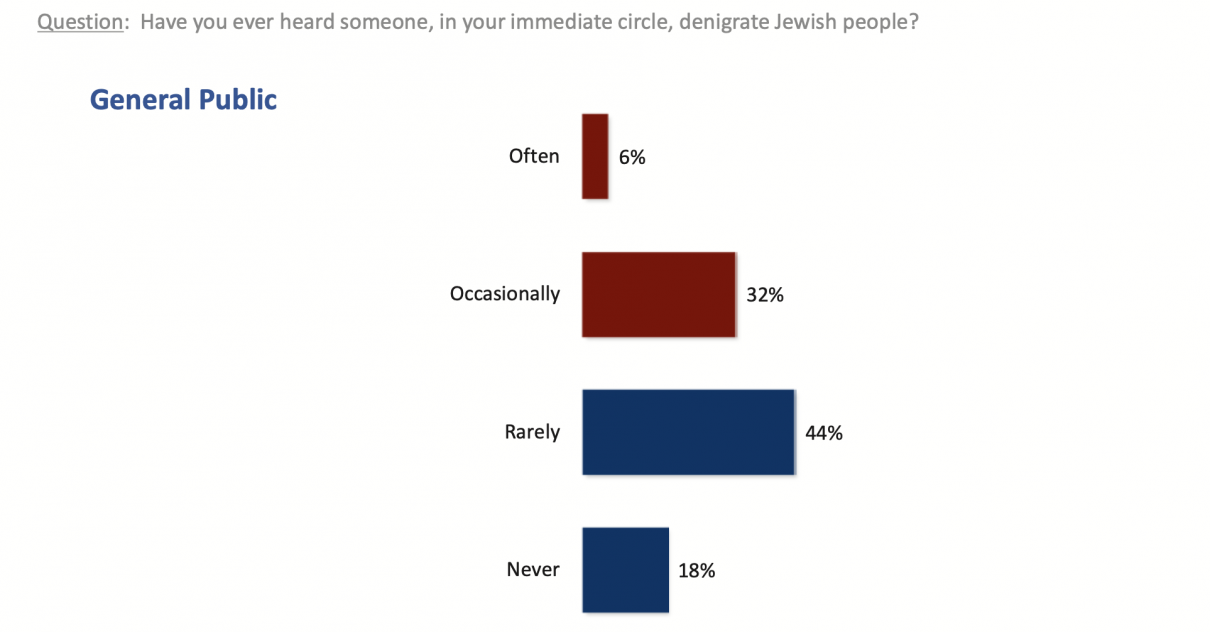
Source :
AJC | Fondation pour l’innovation politique – January 2020
Observation of anti-Semitic acts
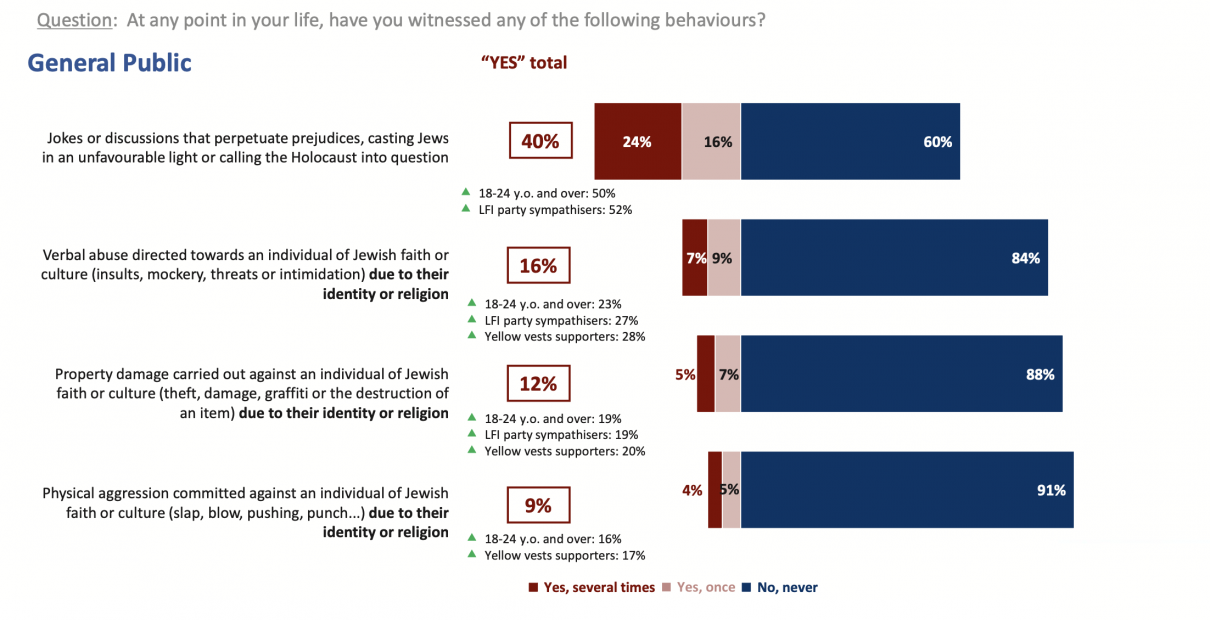
Source :
AJC | Fondation pour l’innovation politique – January 2020
Experience of anti-Semitic acts
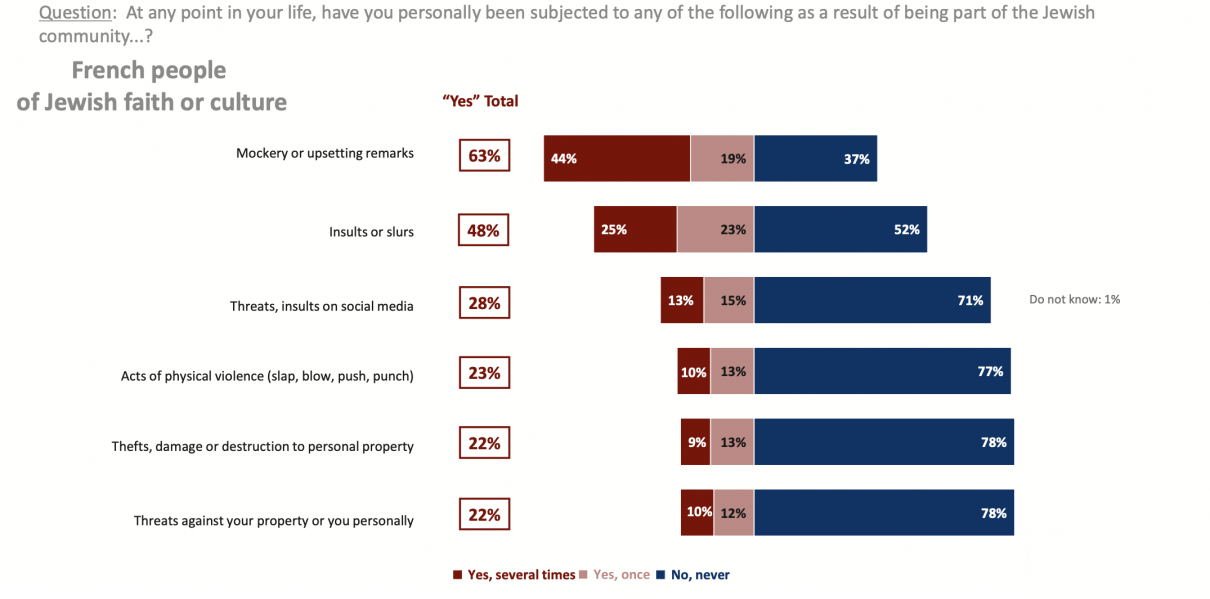
Source :
AJC | Fondation pour l’innovation politique – January 2020
Experience of anti-Semitic acts
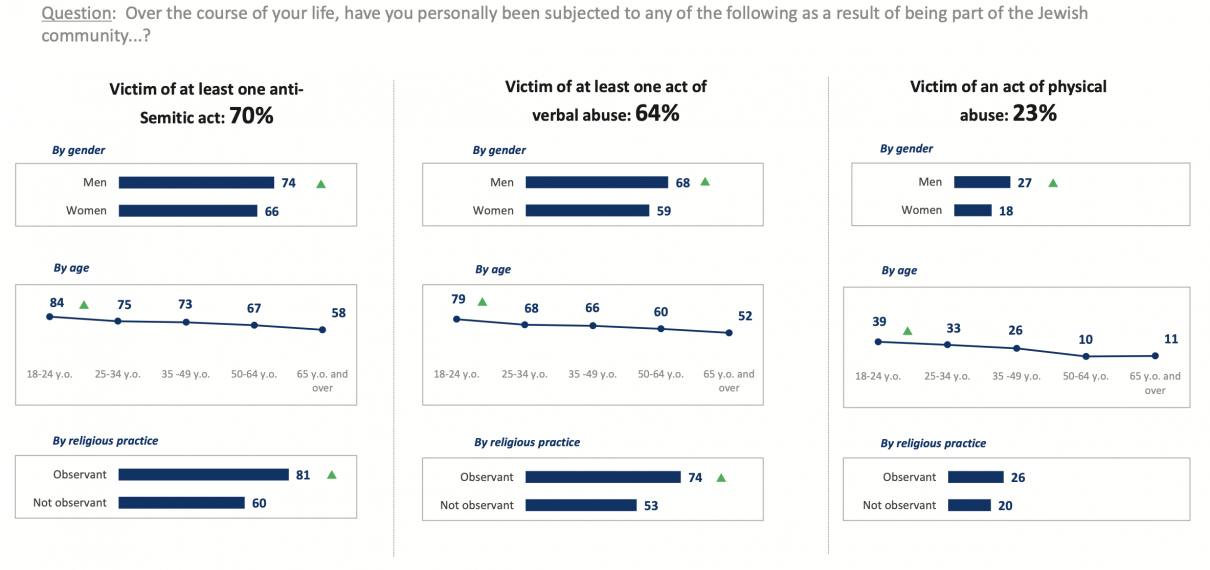
Source :
AJC | Fondation pour l’innovation politique – January 2020
Locations where anti-Semitic verbal abuse has taken place
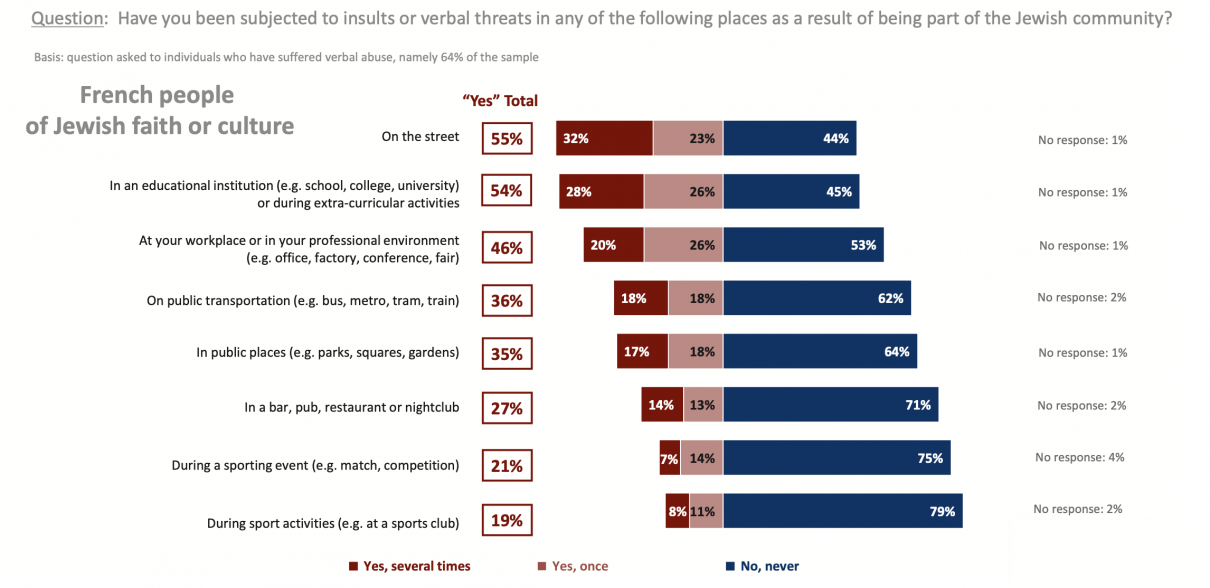
Source :
AJC | Fondation pour l’innovation politique – January 2020
Locations where anti-Semitic physical abuse has taken place
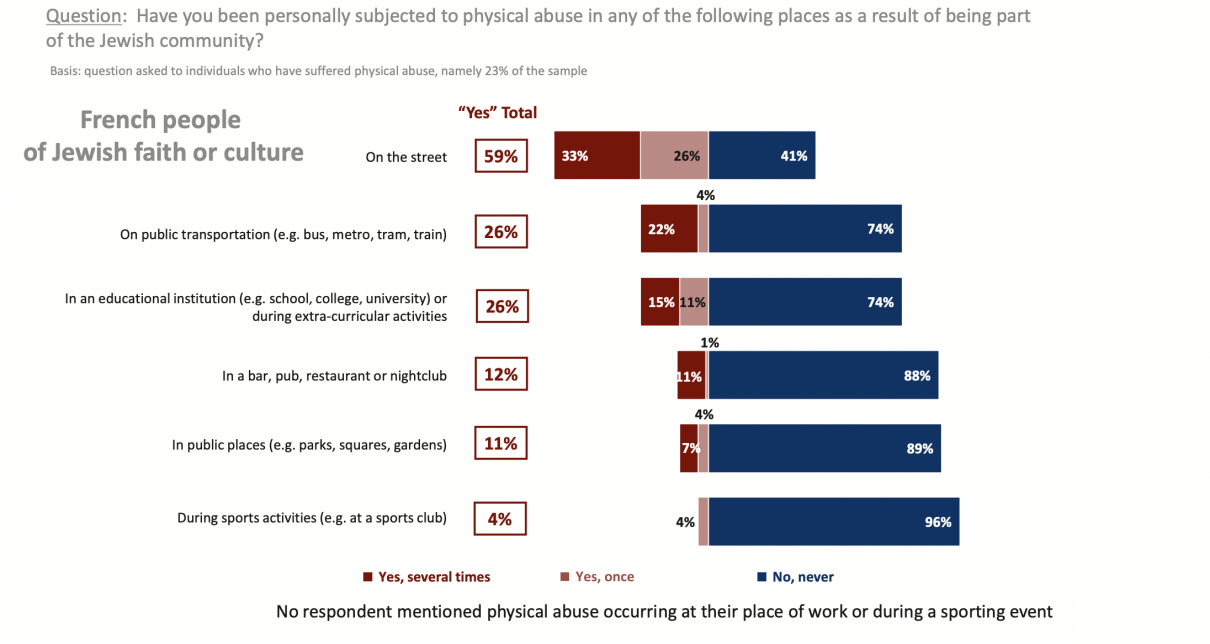
Source :
AJC | Fondation pour l’innovation politique – January 2020
Adoption of evasive behaviour
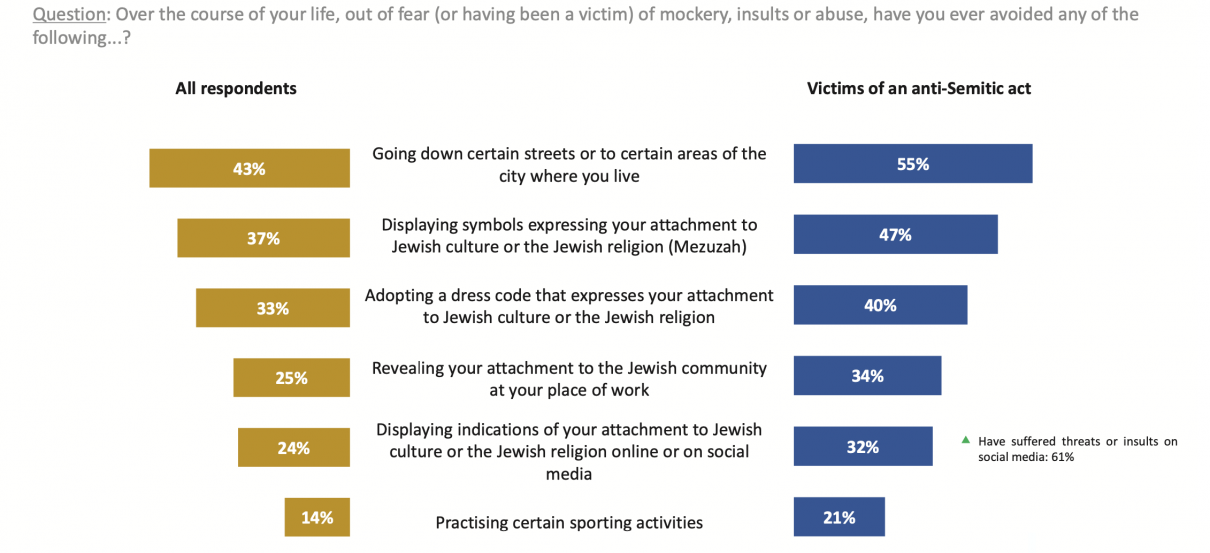
Source :
AJC | Fondation pour l’innovation politique – January 2020
Adoption of evasive behaviour
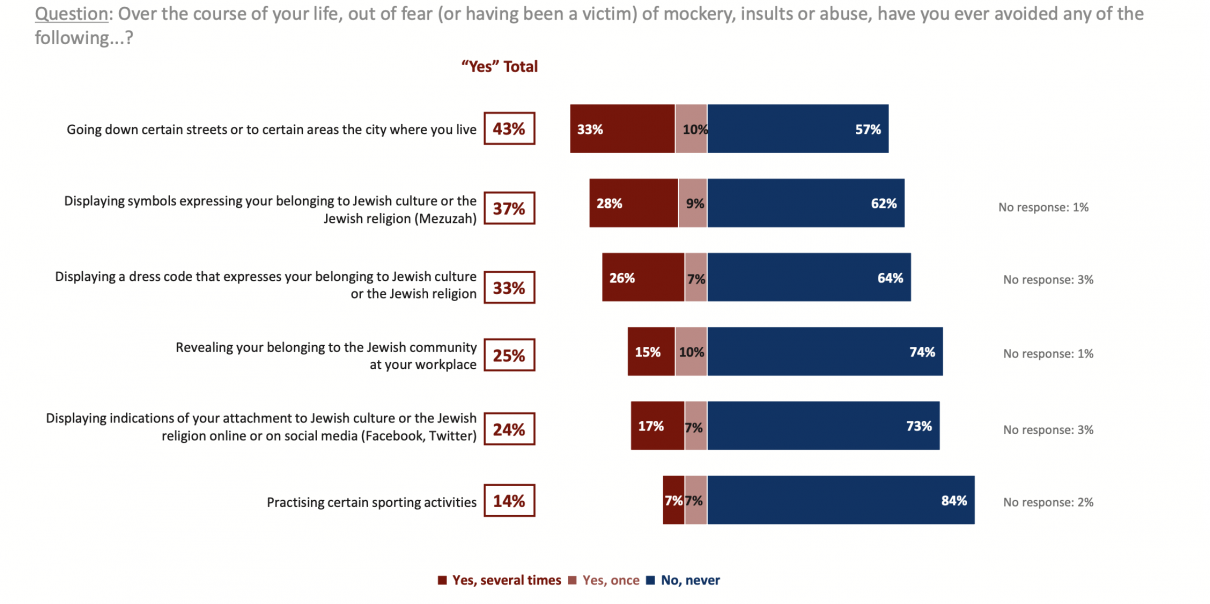
Source :
AJC | Fondation pour l’innovation politique – January 2020
Intentions to change place of residence due to anti-Semitic acts, either suffered or anticipated
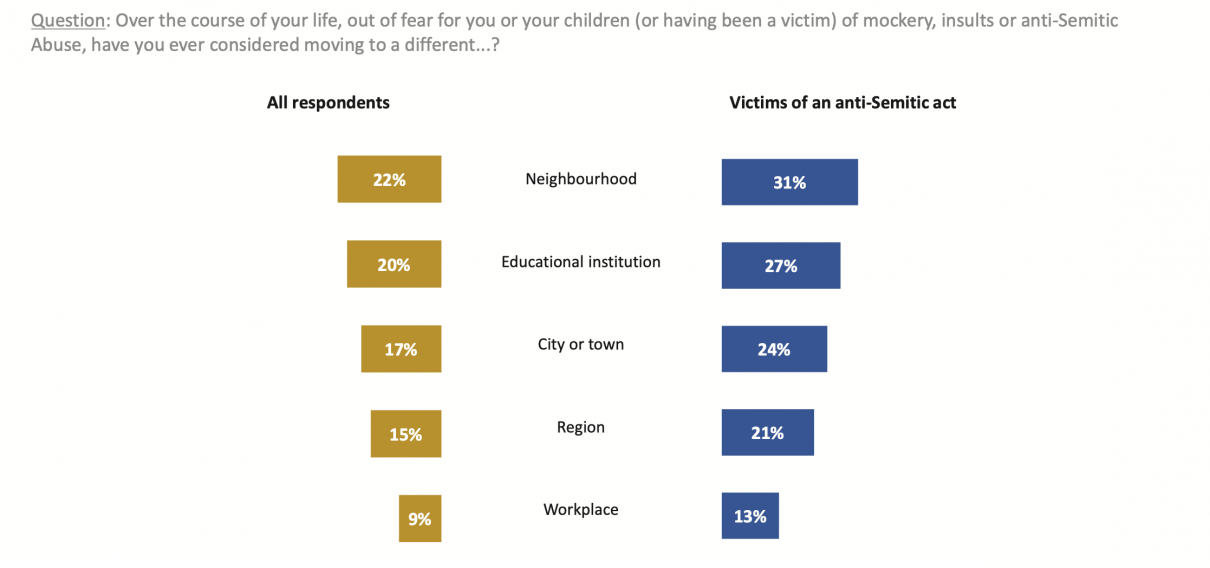
Source :
AJC | Fondation pour l’innovation politique – January 2020
Perception of civil society’s and the public authorities’ mobilisation
The feeling that the problem of anti-Semitism receives too much, enough, or insufficient attention
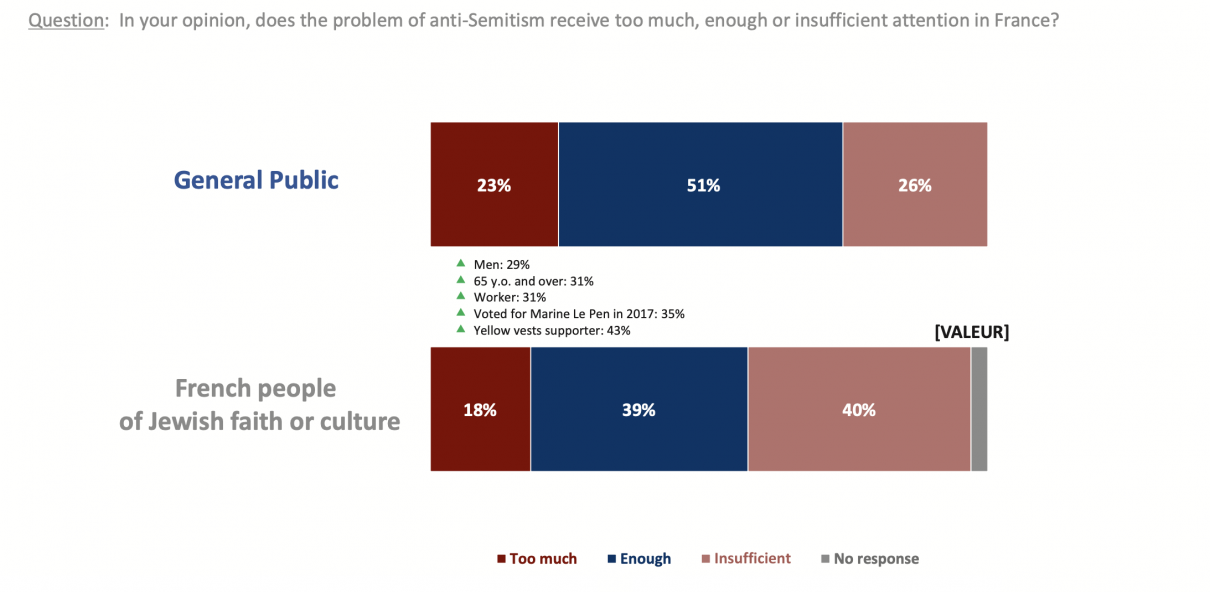
Source :
AJC | Fondation pour l’innovation politique – January 2020
The feeling that anti-Semitism only concerns Jews, or by contrast, society as a whole
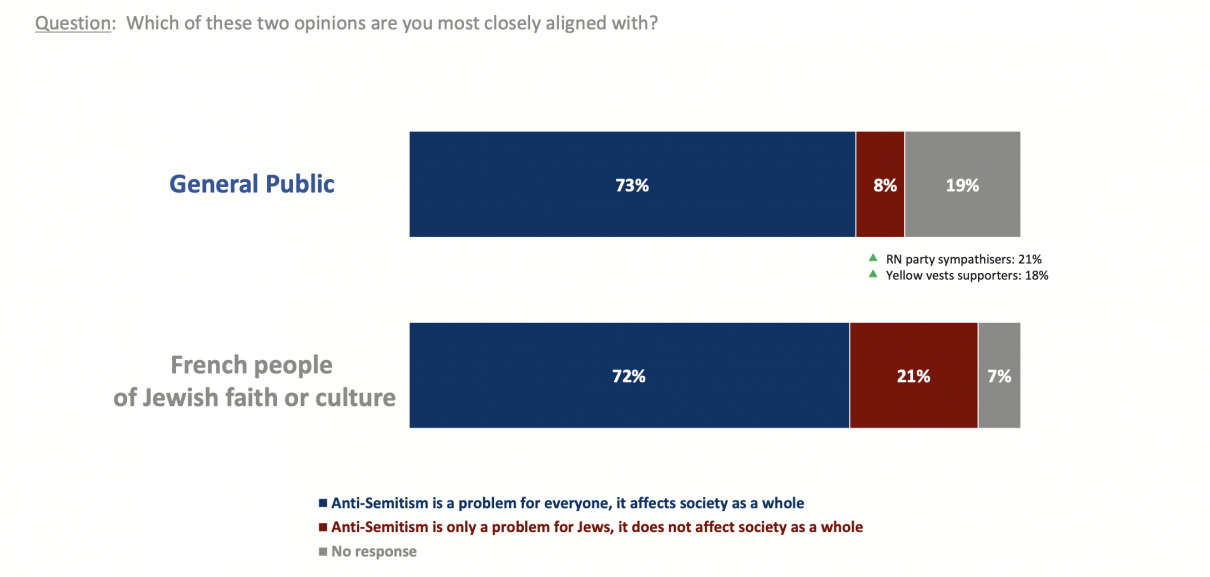
Source :
AJC | Fondation pour l’innovation politique – January 2020
The feeling of being personally worried about anti-Semitism
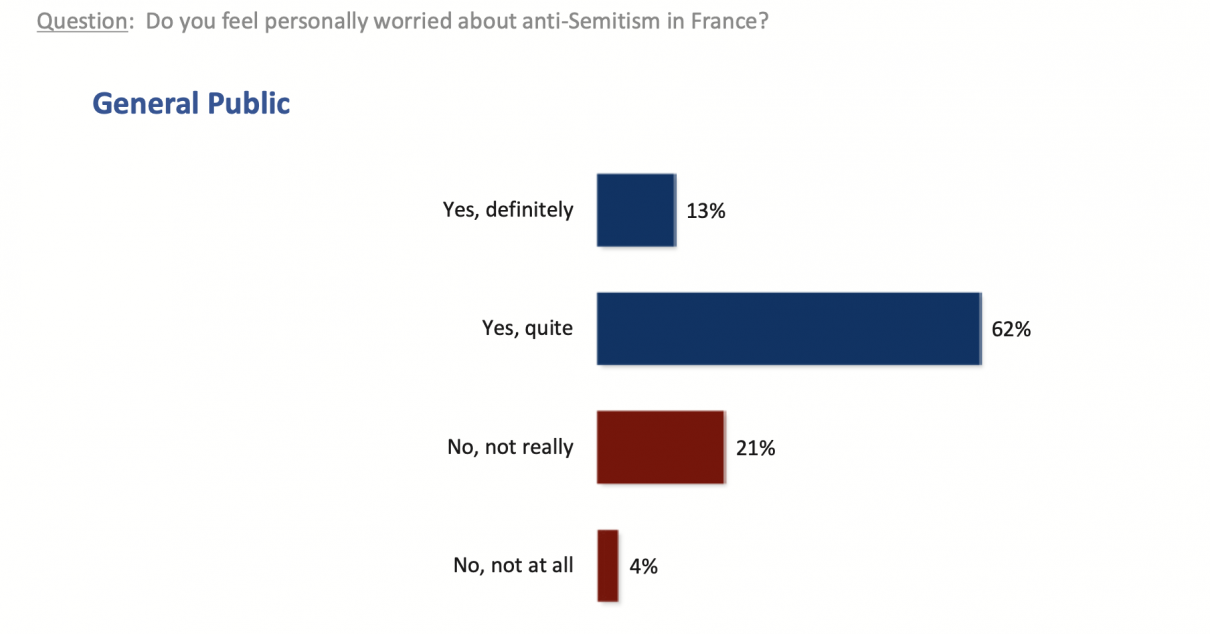
Source :
AJC | Fondation pour l’innovation politique – January 2020
Trust in different stakeholders to combat anti-Semitism
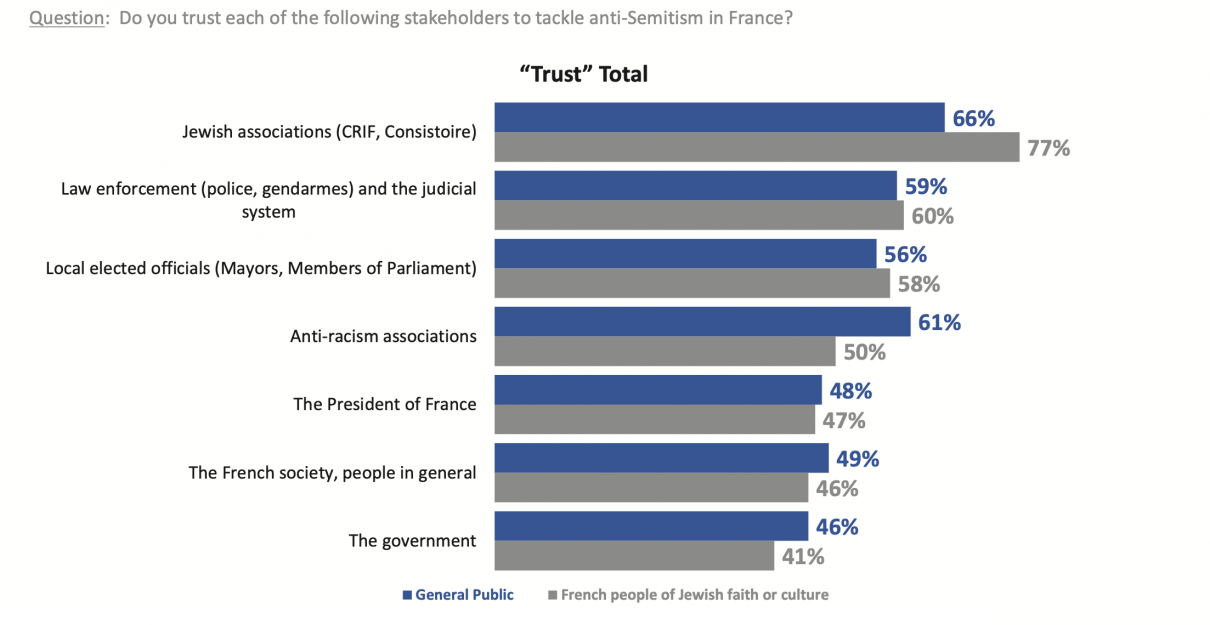
Source :
AJC | Fondation pour l’innovation politique – January 2020
Trust in different stakeholders to combat anti-Semitism
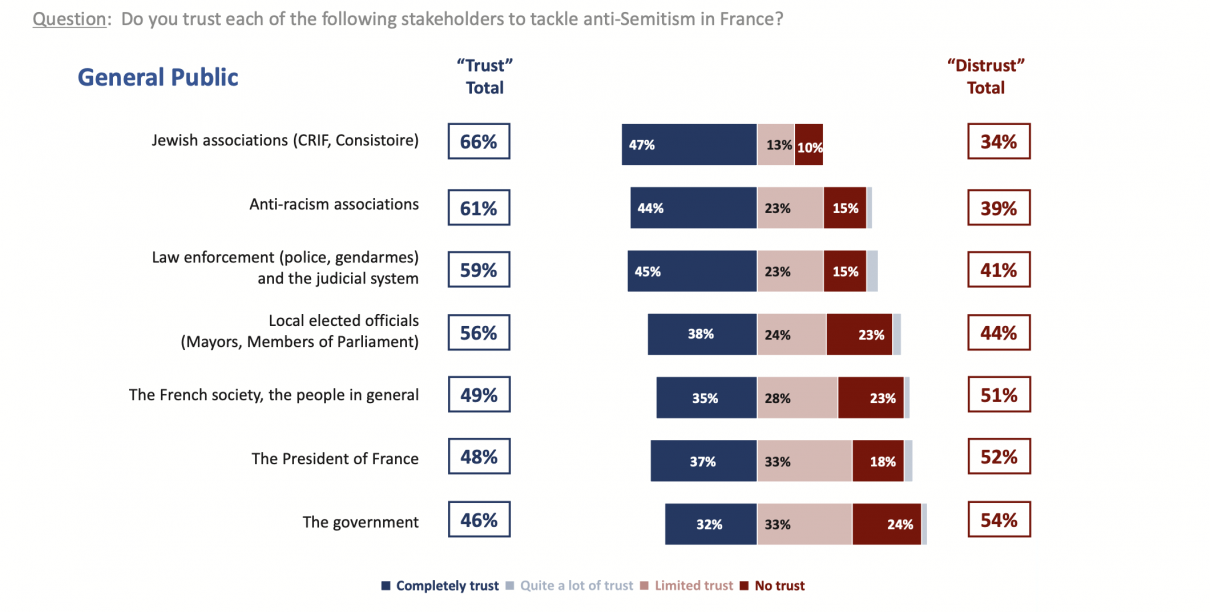
Source :
AJC | Fondation pour l’innovation politique – January 2020
Trust in different stakeholders to combat anti-Semitism
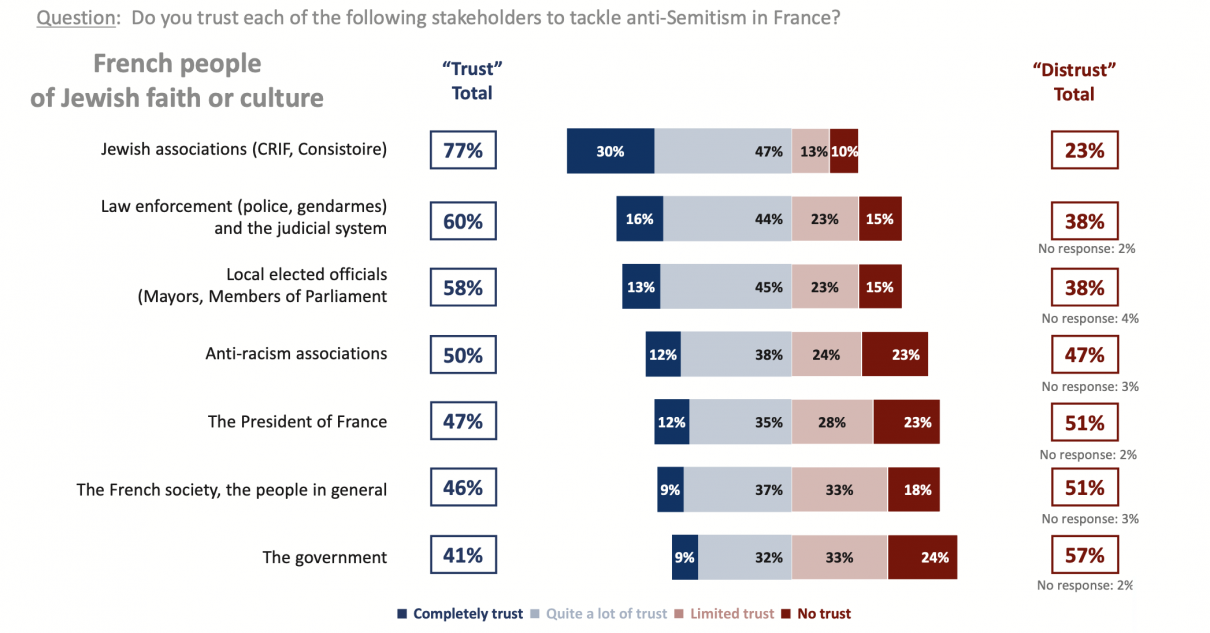
Source :
AJC | Fondation pour l’innovation politique – January 2020
The feeling that French Jews are safe in France
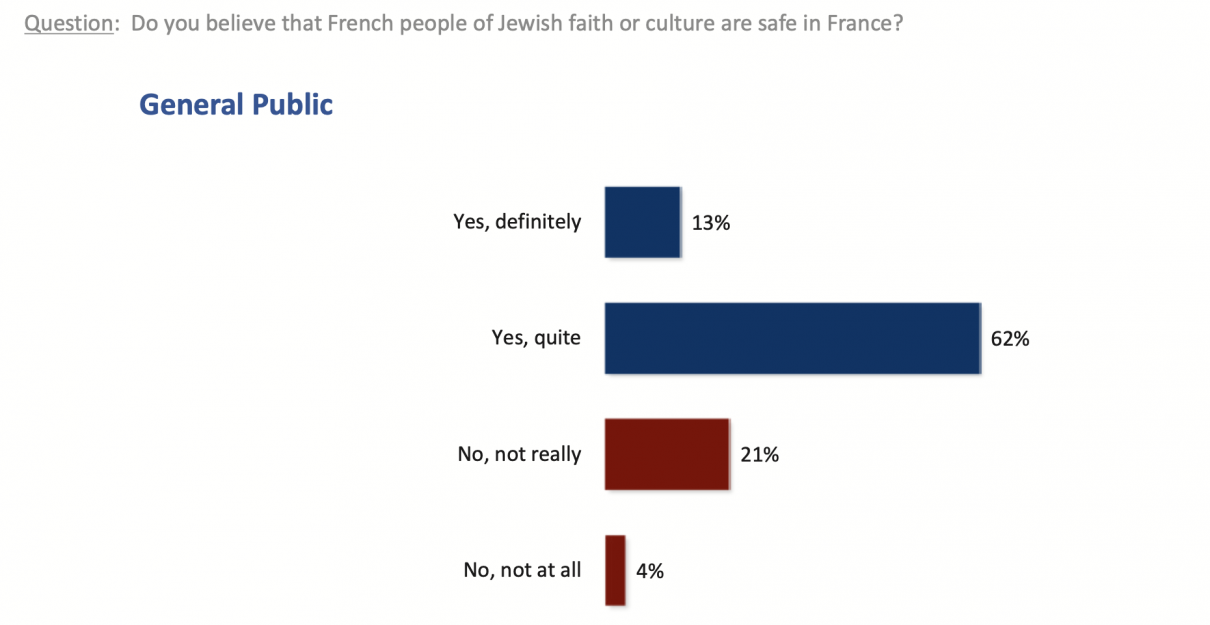
Source :
AJC | Fondation pour l’innovation politique – January 2020
Outlook on the future and the future of Jews in France
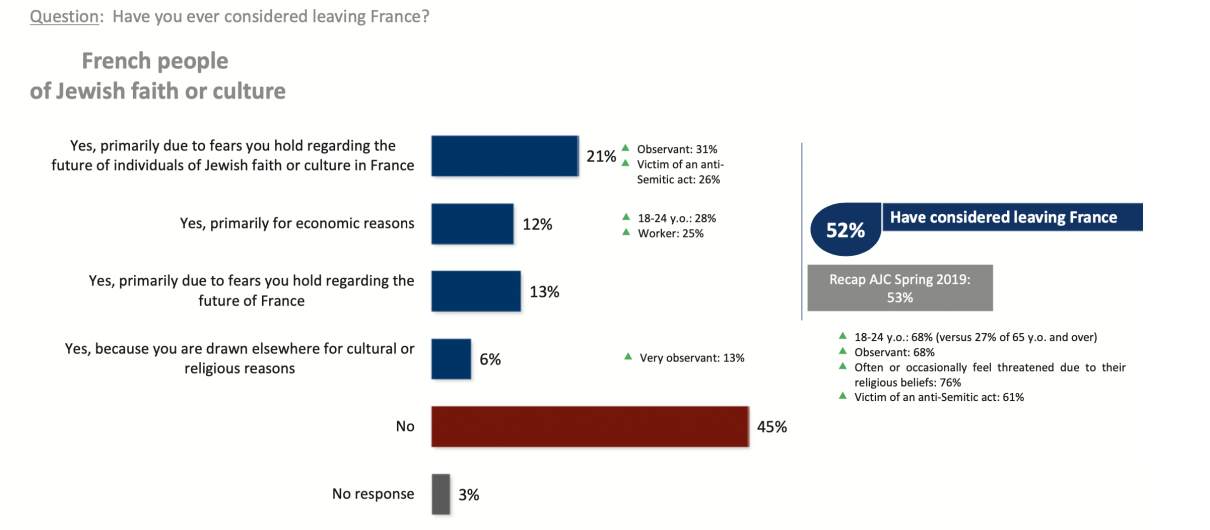
Source :
AJC | Fondation pour l’innovation politique – January 2020
The perceived causes of anti-Semitism in France
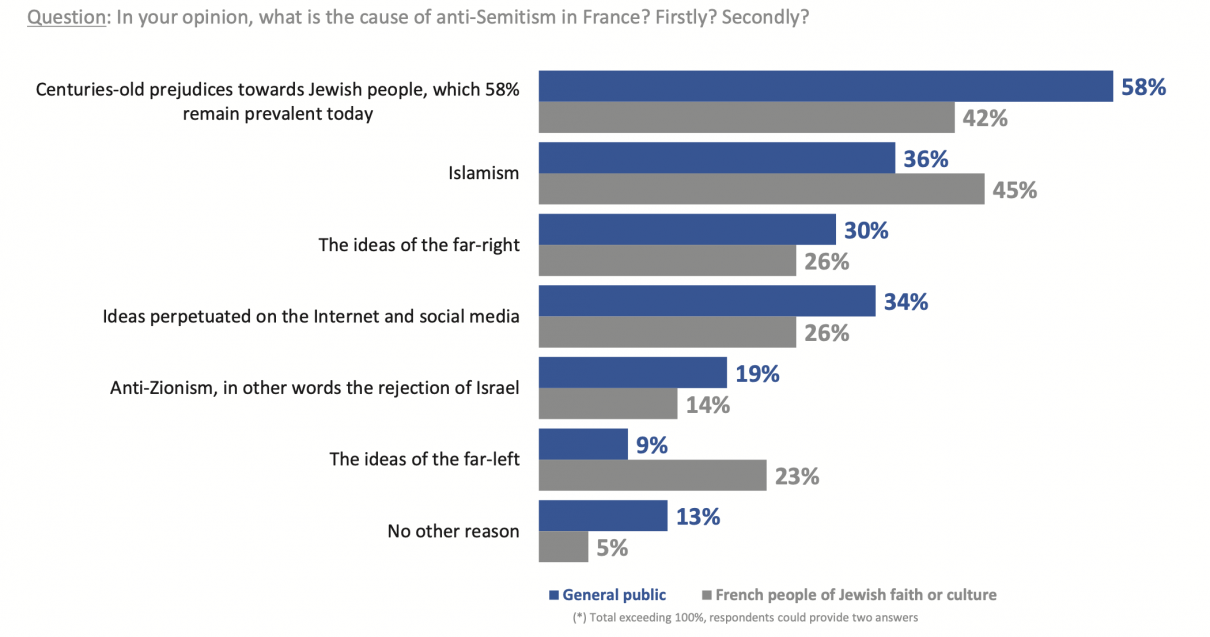
Source :
AJC | Fondation pour l’innovation politique – January 2020
Dominique REYNIÉ, Executive Director of the Fondation pour l’innovation politique Simone RODAN-BENZAQUEN, Director of AJC Europe
Fondation pour l’innovation politique:
Victor DELAGE, Anne FLAMBERT, Madeleine HAMEL, Katherine HAMILTON, Sasha MORINIÈRE
AJC Paris:
Shani BENOUALID, Julie DECROIX,
Anne-Sophie SEBBAN-BÉCACHE
objet H:
Harold HAUZY
Francys GRAMET
Julien RÉMY
GALAXY Printers

